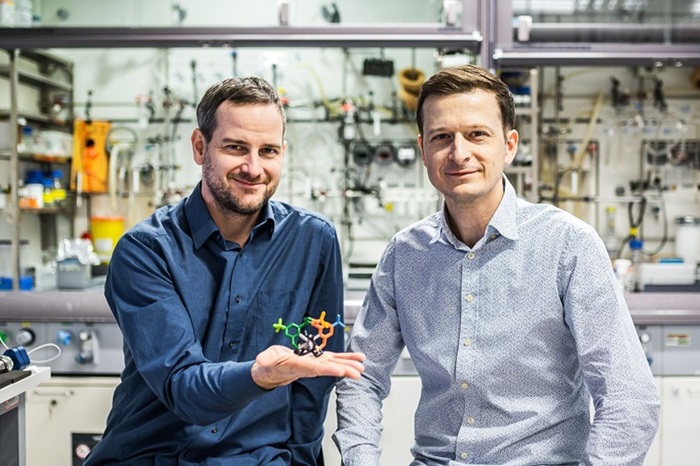New Compounds to Benefit Kidney Disease Patients Unable to Undergo MRI Examinations
Posted on 29 Nov 2024
Lanthanides play a vital role in biomedical fields, including as contrast agents for magnetic resonance imaging (MRI) and in radiotherapeutics. However, enhancing their binding strength within pharmaceutical molecules has remained a challenge for the past 30 years. Stability is especially critical for gadolinium-based MRI contrast agents, as gadolinium can be harmful to the body if it leaks from the drug molecule. Researchers have now developed compounds that are up to a million times more stable than those used in current treatments for tumors or MRI contrast agents. These new compounds securely bind lanthanides within the molecules of medical drugs.
The breakthrough synthetic technique, called ‘ClickZip,’ was created by scientists from IOCB Prague (Prague, Czech Republic) and incorporates lanthanides into molecules in a nearly irreversible manner, enhancing their safety. According to the study published in Nature Communications, ClickZip operates as a ‘trap.’ The molecule starts in an open state, allowing the metal to enter a prepared binding site. Once the metal is in place, a chemical reaction triggers the ‘trap door’ to close, locking the metal in securely and preventing its release. These compounds could significantly benefit individuals with impaired kidney function who cannot safely undergo certain MRI scans, as their bodies excrete contrast agents slowly, raising the risk of gadolinium toxicity.

The applications of ClickZip extend beyond MRI. The compounds are so stable that they can withstand boiling in concentrated acid without breaking down. This stability allows researchers to tag molecules, such as peptide drugs, for testing in animal models. The tags enable precise tracking of how the drug distributes through tissues and in what quantities. This discovery opens up new possibilities not only in medicine but also in various industrial sectors. The scientists have patented the technology and are currently seeking a partner to help bring it to the market.
Related Links:
IOCB Prague













